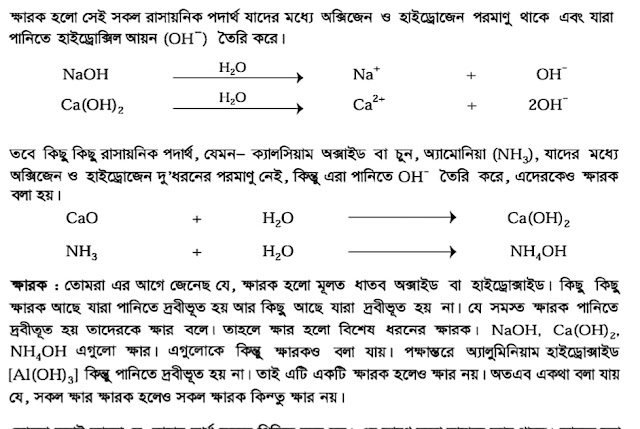Epigram |Epigram Definition
Epigram |Epigram Definition
A brief and witty statement which is apparently self-contradictory.
Examples "our sweetest songs are those that tell of saddest thought.
..........(Shelley: "To a Skylark") .
Here Sweetest "saddest" oppose each other but as we go and beneath the surface level, we find that the sadder the song the deeper the impression it makes.
So all my best is dressing old words new,
Spending again what is already spent;
For as the sun is daily new and old,.
So is my love still telling what is told .
.........(Shakespeare: "Sonnct LXXVI" )
Spending again what is already spent;
For as the sun is daily new and old,.
So is my love still telling what is told .
.........(Shakespeare: "Sonnct LXXVI" )
"The rising unto place is laborious; and by pains, men come to greater pains;"
.......( Bacon: "Of Great Place" )
Epigrams lead readers or listeners to think and discover the meaning of the paradox in the statement, and thus, provide the intended pleasure. They sometimes of humour, attack the target subject and create lasting impression on the readers.
Note: It is difficult to distinguish an epigram from an aphorism because both of them are witty and concise.However,an epigram is a paradoxical statement while an aphorism is a statement of a principle and truth. An aphorism is didactic but an epigram is often ironic.
Epigram also means a kind of short, witty poem.



Comments
Post a Comment